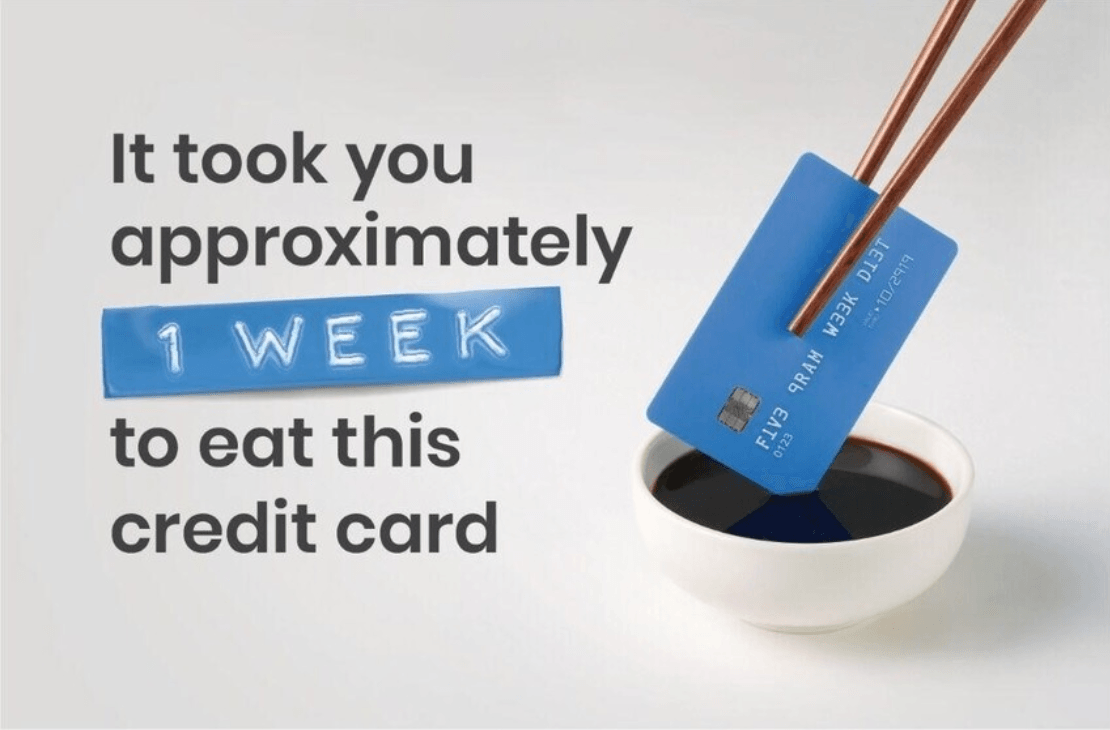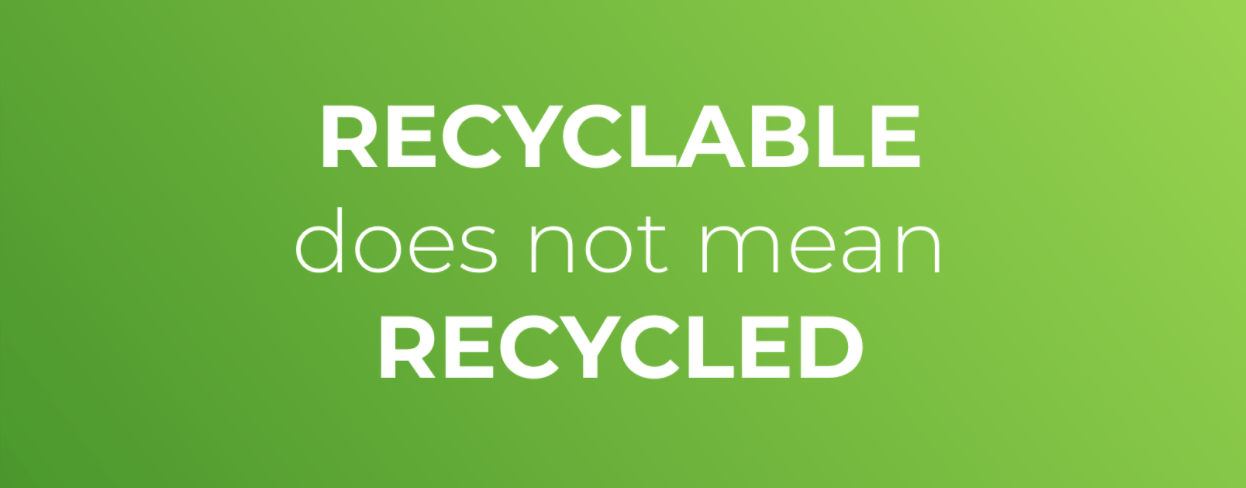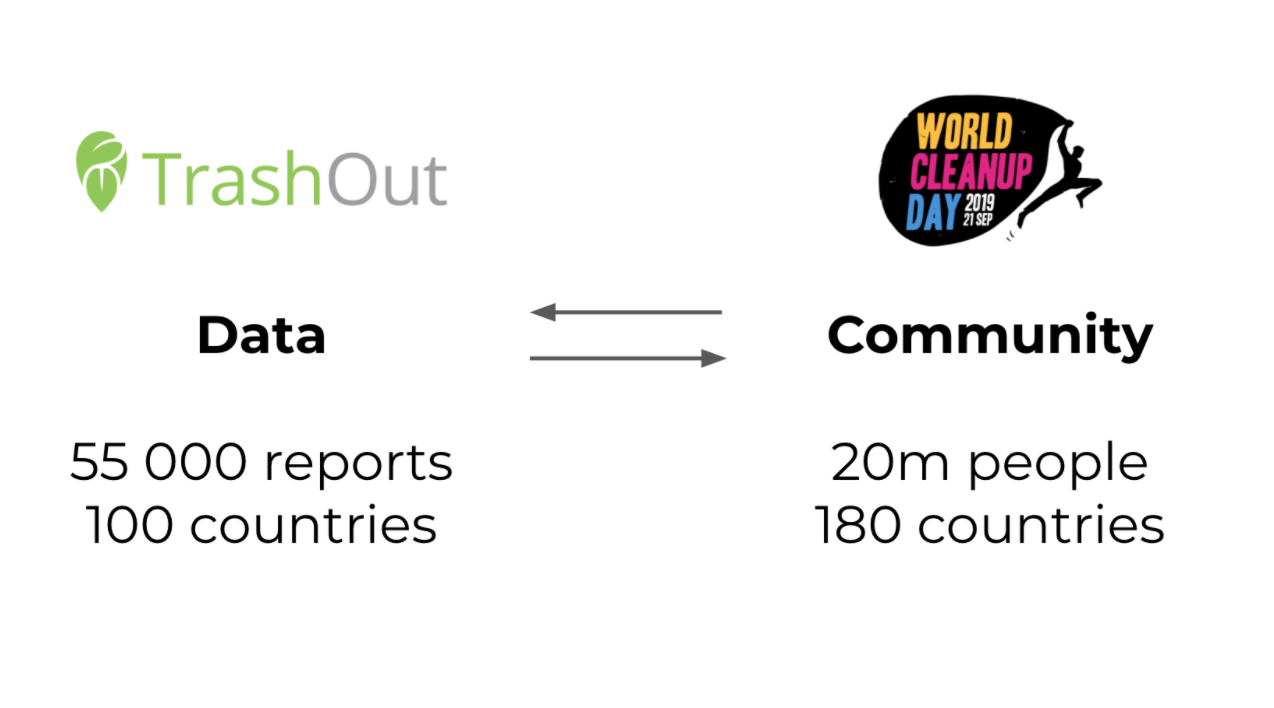No time to waste. Start acting now to celebrate Earth Day
During these hard times, when the virus has changed our daily lives we have a chance to reflect on our lifestyles. We are stuck at home, which means we also produce more waste at home. This situation gives us an opportunity to see how much waste do we produce as households but also to implement measures to treat this waste correctly. Earth day is celebrated already for 50 years and during this day many cleaning and educational events are organized all around the world. This year is different. This year we have to take individual action. What are those small changes that you will implement starting this Earth Day, April 22nd?
According to the article published on the website of the World Economic Forum, we consume about 5 grams of micro plastic a week. That’s more than 250 grams a year – equivalent to a small plastic jar. Plastic is already everywhere and thus we consume it by drinking water or even having a beer.
Plastic is not good for us and is harming the environment through all the stages of its production. 99% of plastic begins as fossil fuel and greenhouse gases are emitted at each stage of the plastic lifecycle. Moreover, producers often claim that their packaging is recyclable. That is nice, but that does not mean it will be recycled and we consumers often do not think about what happens with the packaging after we consume what we bought. Plastic packaging represents 40% of all plastics produced and is typically single-use.
Global production of plastics is growing 3,5% a year and if plastic was a country, it would be the planet’s fifth-largest emitter of greenhouse gases.
Globally, of all of the plastic ever created, only 9% has been recycled. The World Economic Forum estimated that more than 90% of plastic is never recycled and 8 million metric tons of plastic waste are dumped into the oceans every year. The latest data, according to a 2018 report in The Guardian, suggests that 12.7m tons of plastic end up in our waters every year.
So what happens with waste that is not recycled? Most of it ends on either legal or illegal dumpsites. It is estimated that out of all dumpsites 20% is illegal in the European Union and almost 50% in Africa. With the business as usual scenario dumpsites will account for 8-10% of the global Greenhouse Gas emissions in 2025.
There are already many initiatives fighting this issue on the national or international level. States are passing new regulations, companies try to innovate their value chains, but we need to be faster. One great example is the European Union's ban on single-use plastics. Under the new rules, single-use plastic plates, cutlery, straws, balloon sticks and cotton buds will be banned by 2021.
The question is how can you, citizen, contribute to the cleaner planet now? What is simple enough that you can implement it in your daily lives tomorrow?
1. Stop using single-use plastics
We use a lot of single-use plastic and sometimes it is just a matter of changing simple things. Do you really need that straw with your drink? Could you bring your own bag when shopping? Can you buy your own keep-cup or have a coffee at a coffee place and not for takeaway?
2. When you go for a walk, pick a few pieces of litter
So many people already do this and it is amazing. When you see litter you just pick it up. More people do this, faster we clean up the planet. When combined with jogging it is called plogging, new trendy 'sport'. This is also a great way how to educate kids. We guarantee if you pick only one piece of litter that was not yours you will remember forever not to throw away trash where it does not belong.
3. Report and update illegal dumps via TrashOut
People tend to imagine a huge pile of trash when they hear 'illegal dumpsite'. The opposite is true. With TrashOut mobile and web application, you can report illegal dumpsite that would fit into a bag. Basically you should report everything that is not possible to clean up during a short everyday walk. If you find a few pieces of litter, apply activity number 2. Already 55 000 reports were made via TrashOut application. Thanks to cooperation with World Cleanup Day this data helps to raise awareness and speed up to the process of cleaning those dumps.
Every one of us can contribute to cleaner planet. What will be your contribution this year?
Sources:
World Economic Forum: You eat a credit card’s worth of plastic a week, research says
https://www.weforum.org/agenda/2019/06/you-eat-a-credit-card-s-worth-of-plastic-a-week-research-says...
MOVING AWAY FROM SINGLE-USE. GUIDE FOR NATIONAL DECISION MAKERS TO
IMPLEMENT THE SINGLE-USE PLASTICS DIRECTIVE. https://www.breakfreefromplastic.org/wp-content/uploads/2019/10/2019_10_10_rpa_bffp_sup_guide.pdf
Plastic & Climate: The Hidden Costs of a Plastic Planet
https://www.breakfreefromplastic.org/wp-content/uploads/2019/05/Plastic-and-Climate-FINAL-2019.pdf
World Bank: WHAT A WASTE 2.0: A Global Snapshot of Solid Waste Management to 2050
https://datatopics.worldbank.org/what-a-waste/trends_in_solid_waste_management.html













